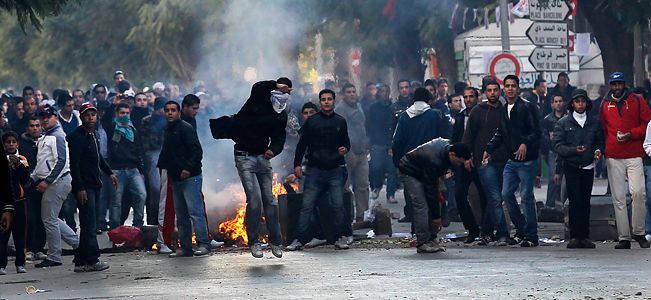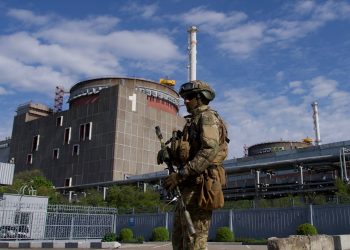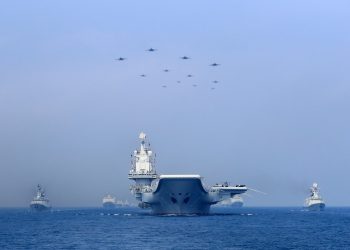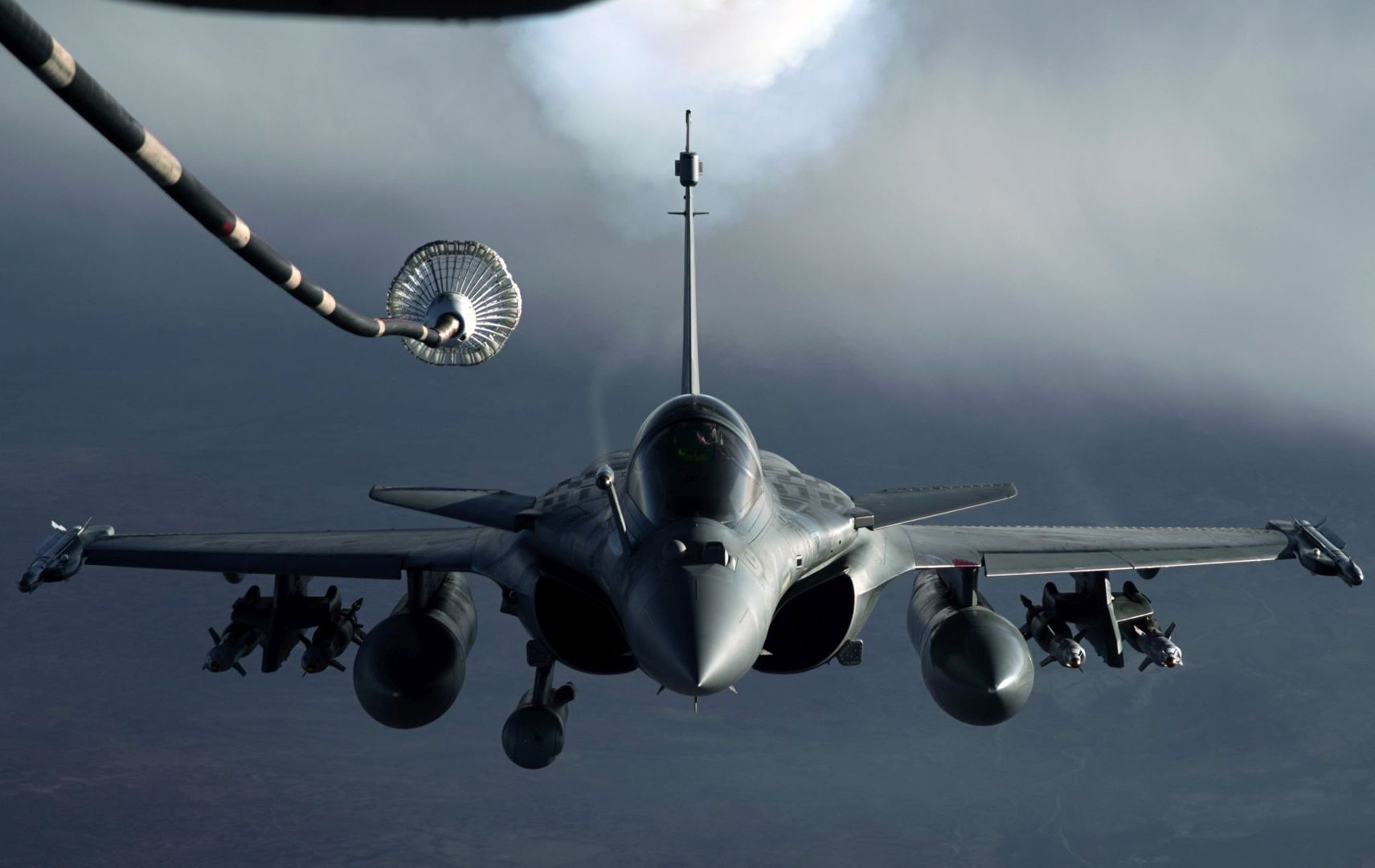A series of political transitions led by the Arab Spring uprisings are shifting the balance of world power with the United States set to play a less dominant role, a leading think-tank argued Thursday.
The International Institute for Strategic Studies (IISS) warned that the optimism of the 2011 revolutions in the Middle East had been replaced by disillusionment at the pace of reform and fears that Islamist parties may fill the power vacuum.
Presenting its annual report in London, the IISS also highlighted upcoming elections in the US and leadership upheavals in China, North Korea and Russia as factors changing the face of world politics.
“After a short burst of bewildering change, the year to mid-2012 was one in which people whose interests were threatened tried to apply the brakes,” said the report, called ‘Strategic Survey 2012: The Annual Review of World Affairs’.
“This was most obvious in the Arab world after the revolutionary wave of 2011… But it was also occurring in a Europe struggling to work its own path to the future, in Russia after the re-election of Vladimir Putin, and in China where a leadership change was also under way.
“The United States remained in transition between an interventionist era and a new role, yet to take shape,” it added.
The election of the Muslim Brotherhood’s Mohamed Morsi as Egyptian president following the removal of veteran leader Hosni Mubarak demonstrated the skill of the region’s Islamist parties in exploiting political insecurity, the report said.
It also warned that the Islamist upsurge would have a marked effect on the area’s geopolitics, making Israel increasingly nervous and threatening a fraught relationship at the complex heart of Arab relations.
The ongoing unrest in Syria threatens a showdown with Turkey and also promises to further complicate Iran’s position in the region, reasoned the report by the British research institute.
“Heated rhetoric between Damascus and Ankara, Syrian incursions into Lebanon and questions about the posture of Hezbollah… all held the potential for military escalation,” it cautioned.
The report suggested that the region’s powers would be less inclined to look to Washington for guidance due to US budget cuts and lessons learned from the Iraq war and the embarrassing leak of diplomatic cables through the WikiLeaks website.
“It may be a temporary phase, but much of the world now expects less of Washington and hangs on its actions to a much-reduced degree,” it concluded.
Barack Obama and Mitt Romney are currently slugging it out in the presidential race, but whoever wins in November, the US will play more of a back-seat role.
“America is drawing its military horns, and cuts in defence spending are supported by a war-weary public across political lines,” argued the report.
“For Obama or Romney, the key areas at issue during the next presidential term seem likely to be domestic, with economic and fiscal matters paramount.”
The IISS also predicted instability in Russia despite Putin’s relatively smooth return to power.
Middle-class protests at his re-election “marked a sea-change in Russia’s political system,” the think-tank said.
“The protests… confirmed that the country has reached a level of socio-economic development at which it was no longer possible for a single ruler to run the entire country,” it added.
It attributed Putin’s continued rule to a divided opposition and post-election changes made to consolidate presidential power.
Longer-term concerns over China’s economic and military rise remain dependent on the true intentions of Xi Jinping, who is expected to take the reins of power next March, the IISS said.
However, Xi has not been seen in public for nearly two weeks and has cancelled meetings with four foreign dignitaries, giving rise to intense speculation about his health and whereabouts, online and in overseas media.
The report was pessimistic about the prospects for North Korea following the appointment of Kim Jong-un in December.
The rogue state’s failed launching of a space rocket in February “killed any chances in the foreseeable future of improvement of relations with the United States” or of addressing its nuclear programme through talks.









